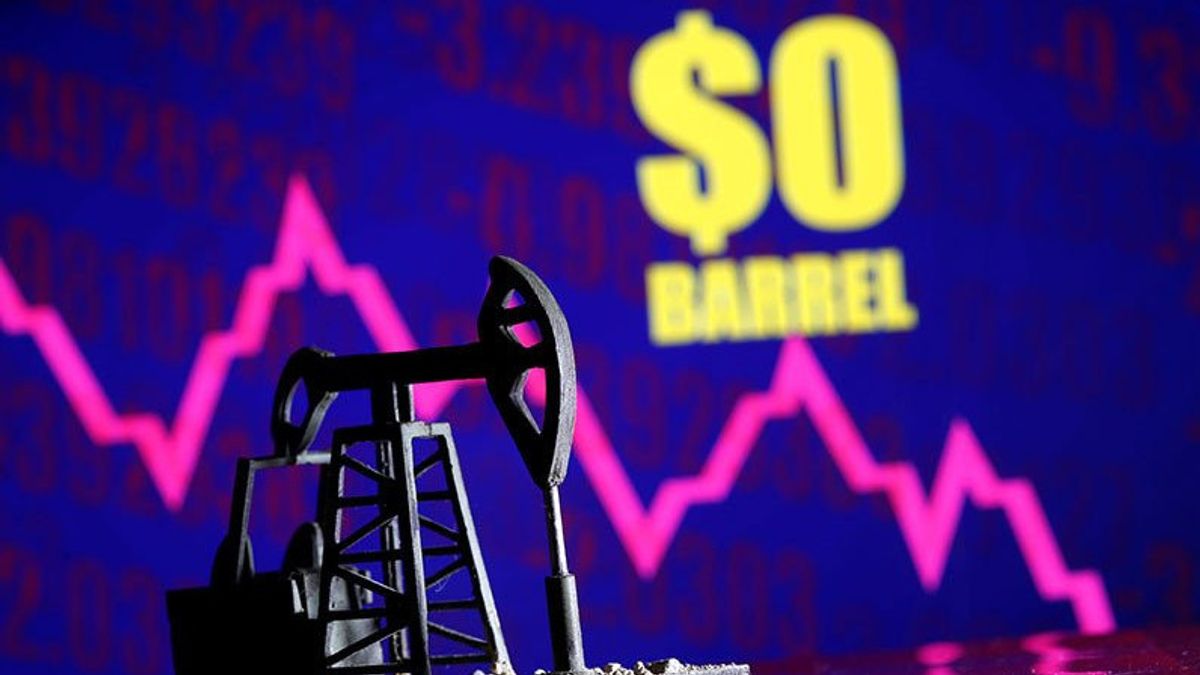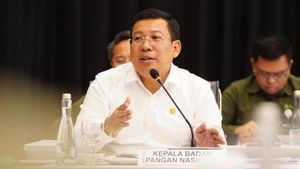JAKARTA - The Ministry of Energy and Mineral Resources (ESDM) and Commission VII of the DPR RI have agreed on the basic assumption that the price of Indonesian crude Price (ICP) for the 2023 State Budget and Expenditure Draft (RAPBN) is US$95 per barrel.
This figure is higher than the ICP in the 2022 State Budget, which is 63 US dollars per barrel.
The Executive Director of the ReforMiner Institute, Komaidi Notonegoro, said that the price set was still moderate because the assumption of the ICP price range was between 90 and 100 US dollars per barrel.
"I think it's quite moderate because the conditions for the 2023 pandemic are increasingly heading towards an endemic, consumption and production and the community will certainly increase so that if under normal conditions and production at the global level are still stuck," he said in the Market Review program, Tuesday, September 13.
Komaidi said that Indonesia is currently still in the post-pandemic recovery stage since 2020 so that fuel consumption will increase compared to production.
Moreover, Indonesia is currently also faced with production at the global level which is still being held back because Russia is still being spread for a certain number of volumes,
"Of course the $95 per barrel set by parliament and the government is relatively moderate," he added.
Just so you know, the price of 95 US dollars per barrel also increased by 5 US dollars per barrel from the previous proposal, which was 90 US dollars per barrel.
This was when the President of the Republic of Indonesia, Joko Widodo, delivered a speech delivering Government Information on the State Budget Bill for Fiscal Year 2023 and his Financial Notes at the Plenary Meeting for the Opening of the First Session of the DPR RI for the 2022-2023 Session Year on August 16, 2022.
"In principle, the government agreed (the determination of the ICP price)," said Arifin in a statement to the media, Friday, September 9.
Arifin emphasized that the instability of the global market due to geopolitical tensions has prompted world oil prices to fluctuate.
"Conditions, both in terms of demand and world oil prices, have no certainty, change every day," he explained.
The English, Chinese, Japanese, Arabic, and French versions are automatically generated by the AI. So there may still be inaccuracies in translating, please always see Indonesian as our main language. (system supported by DigitalSiber.id)









